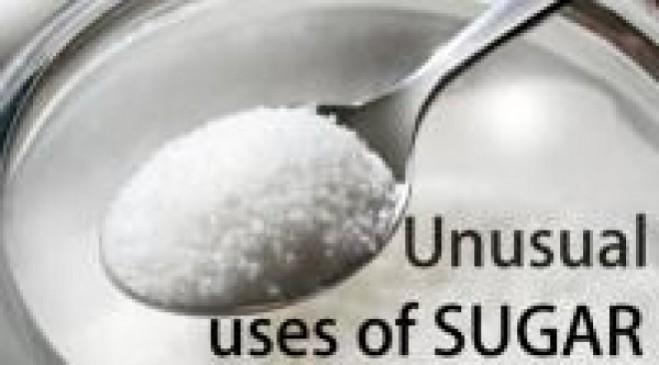For all those who've been having honey, in the hope of it being a healthier alternative to sugar, are in for a painful bee-sting. The Centre for Science and Environment (CSE) has detected significant adulteration in the form of sugar syrups in honey sold by leading companies of India.
Not my honey brand, did you say? Almost all the FMCG giants of India such as Dabur, Patanjali, Zandu, Baidyanath, Apis Himalaya, Hitkari failed the internationally-accepted Nuclear Magnetic Resonance Spectroscopy (NMR) test.

Chinese transgression of the worst kind?
The CSE report further says that these brands are selling honey adulterated with modified sugar syrup from China which goes undetected in Indian food quality tests. As per the CSE report, it is because Chinese companies have designed sugar syrups in a way to bypass these standards.
The research and advocacy organisation CSE further shared the unsettling news that the major honey brands procured the solution --- called an "all pass" one in the industry and mixed it with pure honey. CSE also discovered that while the tests being carried out in India (based on the guidelines of Food Safety and Standards Authority of India. i.e FSSAI), can detect C3 and C4 sugar adulteration (based on the natural source of sugar), a fructose syrup solution being imported from China in large quantities over the past four to five years goes undetected.

Only 3 out of the 13 samples by brands Saffola, Nature's Nectar and Markfed Sohna (only one of the two samples) passed all the tests. Rest, the 77 per cent of samples were found adulterated with sugar syrup as per the laboratory tests done in India and Germany.
The CSE report comes in the wake of Indian honey consumption at an all-time high because Indians today are consuming more honey because they believe in its intrinsic immunity-boosting properties.
What the CSE says
"It is a food fraud more nefarious and more sophisticated than what we have found in our 2003 and 2006 investigations into soft drinks; more damaging to our health than perhaps anything we have found till now – keeping in mind the fact that we are still fighting against a killer COVID-19 pandemic with our backs to the wall. This overuse of sugar in our diet will make it worse," said Centre for Science and Environment director general Sunita Narain. The organisation launched an investigation when bee-keepers from North India reported a dip in profits despite increased consumption of honey.
'It is a plot to defame Indian natural honey': The brands speak up
Any major food adulteration allegations, reports and studies in India are immediately followed by mass advertising and social media campaigns. Just like it has happened in the past with almost generic instant noodle, chocolate and cola brands of India.
The brands have already come on board and turned the report into more of a conspiracy theory than a food quality issue. "It is a plot to defame Indian natural honey," spokespersons from Dabur, Patanjali and Zandu denied any sort of adulteration in their honey products and said they were following all the guidelines laid out by FSSAI.








